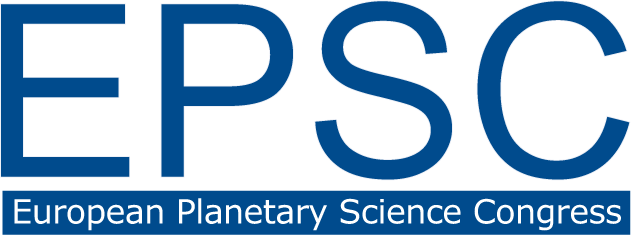Juno arrived into orbit around Jupiter on July 4, 2016, and is a bit more than half-way through its prime mission. Juno is revolutionizing our knowledge of the nature, origin, formation and evolution of Jupiter; through study of the solar system’s largest planet, our understanding of general planetary formation processes is changing as well.
Juno is the first spacecraft in a polar orbit around this gas giant and carries instrumentation specifically designed for observations of the atmosphere, magnetosphere and interior. Juno has also utilized many of its science and engineering instruments to contribute to disciplines for which they were not specifically designed. A complementary campaign from Earth-based observatories has enhanced the scientific return from this multi-disciplinary mission.
This session welcomes presentations involving all results obtained by and in support of the Juno mission. These include Juno's data analysis and theoretical modelling on Jupiter's interior structure, magnetic field and radiation environment, atmospheric dynamics and composition, the morphology and physics of Jupiter's polar magnetosphere, and UV and IR aurorae. This session also welcomes results from the Earth-supporting observations and from comparative planetology studies with other giants in the solar system.

